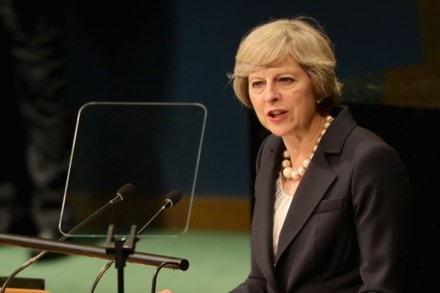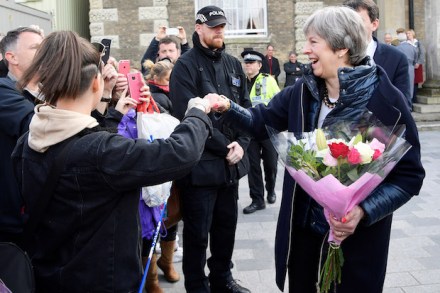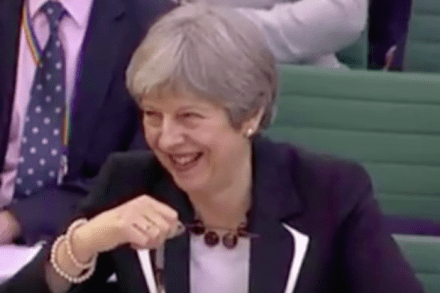Government defeated on customs union in Lords
And we’re back to Brexit with a bump. After a brief pause in the negotiations and legislation, the government has this afternoon been defeated on a customs union amendment in the Lords. The defeat was by no means minor either – peers voted by 348 to 225 in favour of a plan requiring ministers to report on steps to negotiate a continued EU-UK customs union. This in itself isn’t catastrophic for Theresa May. When the bill returns to the Commons it will most likely be thrown out – and besides it only binds the government to report on the steps being taken to negotiate a customs union so there is




















